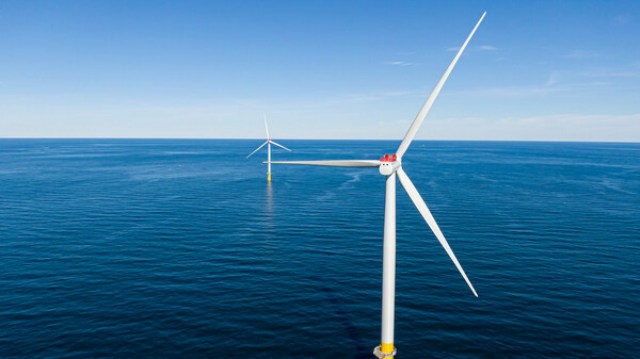The Global Wind Energy Council (GWEC) has strongly opposed the imposition of tariffs on wind energy technology and components, emphasizing that trade barriers would negatively impact the global energy transition. Their key viewpoints on tariffs can be summarized as follows:
# Negative Impact on Wind Market Growth
GWEC warns that a trade war and higher tariffs would slow down the expansion of wind energy markets worldwide. Research conducted by GWEC indicates that protectionist trade policies could result in:
Reduced investment in wind energy projects.
Increased costs of wind turbines and their components.
Lower financial sustainability for the wind energy sector.
# Increased Costs for Wind Energy Production
One of the key points raised by GWEC is that tariffs add direct costs to wind energy components. According to the International Energy Agency (IEA) Energy Technology Perspectives 2024 Report, import tariffs and non-tariff measures (NTMs) contribute significantly to the overall cost of renewable energy technology:
Tariffs and NTMs account for 9 percent of the cost of a wind nacelle.
The same barriers contribute to 20 percent of the global weighted average import price of solar PV modules.
These additional costs ultimately make wind energy less competitive, slowing down its adoption.
# Tariffs as the Wrong Economic Tool
GWEC argues that trade barriers are not an effective mechanism for driving economic growth. Instead, they advocate for policies that:
Promote trade-friendly industrialization.
Encourage local manufacturing and supply chain development without disrupting global trade.
Help countries develop economies of scale in wind energy production.
This approach ensures fair competition while fostering innovation and investment in wind energy.
# Threat to Global Net-Zero Goals
GWEC, in collaboration with Boston Consulting Group (BCG), has estimated that an “Increased Barriers” scenario could significantly hinder wind energy deployment:
The global wind industry would fall 650 GW short of the 2030 Net Zero target.
This shortfall could derail international climate commitments and make achieving the 1.5°C warming limit more difficult.
# Call for Strategic Global Cooperation
Instead of tariffs, GWEC urges governments and policymakers to work towards:
Coordinated trade policies that enhance global competitiveness.
Supportive industrial policies that encourage sustainable growth in the wind energy sector.
Strategic partnerships between governments, institutions, and private sector players to create a stable and predictable investment environment.
GWEC views tariffs as a counterproductive measure that will increase costs, slow market growth, and threaten global climate goals. Instead, they advocate for trade-friendly policies that promote sustainable economic growth while ensuring a smooth energy transition.
GreentechLead.com News Desk

